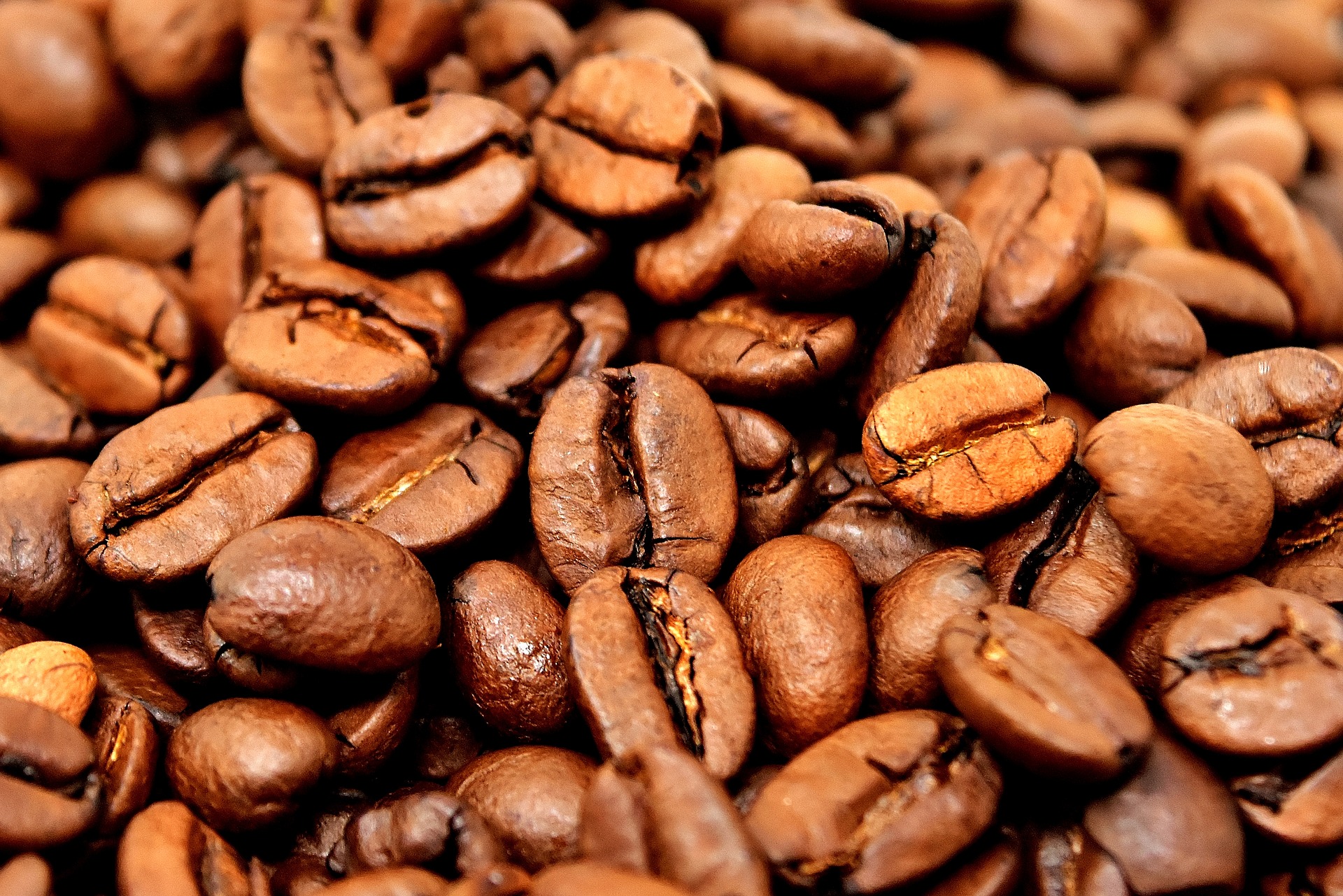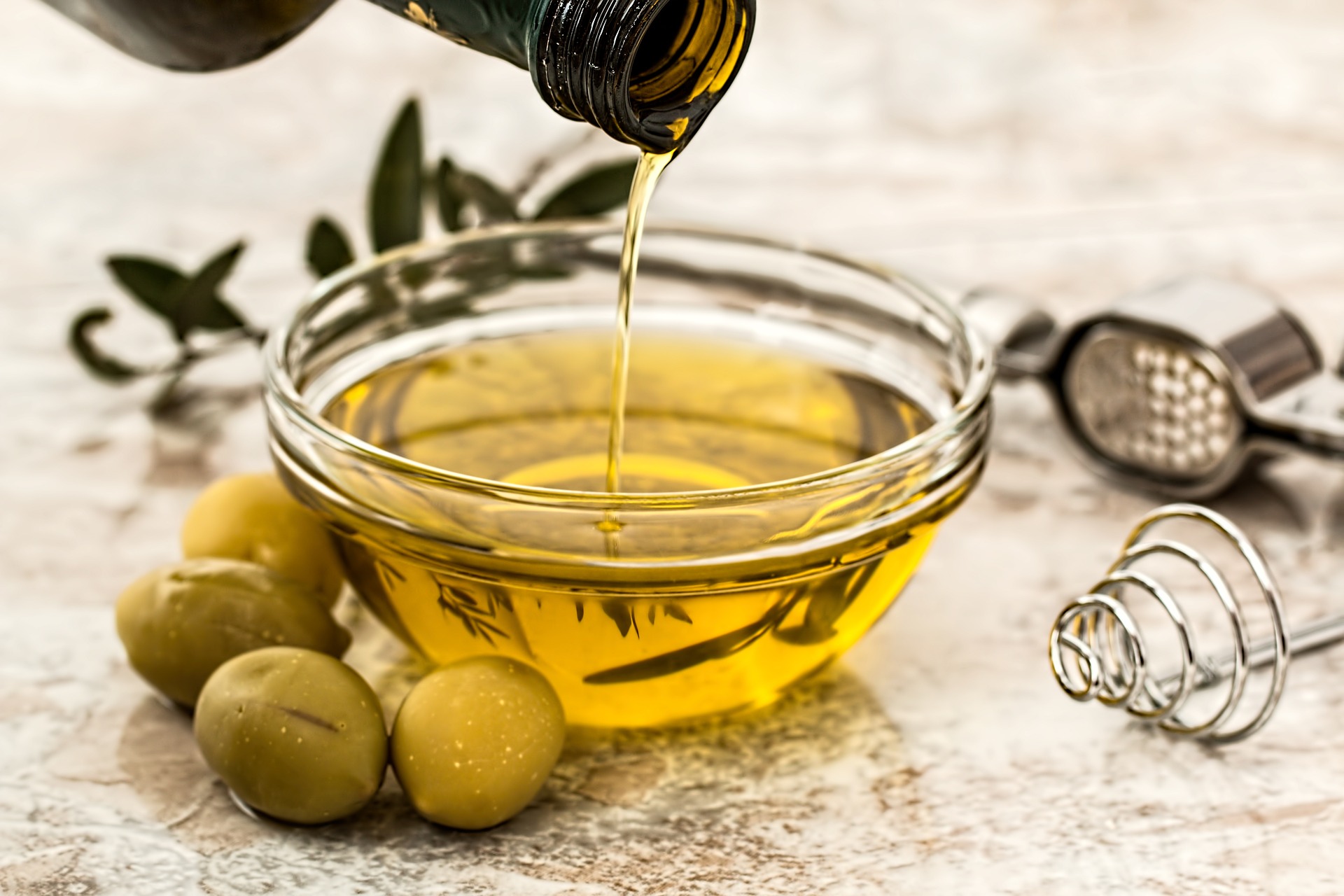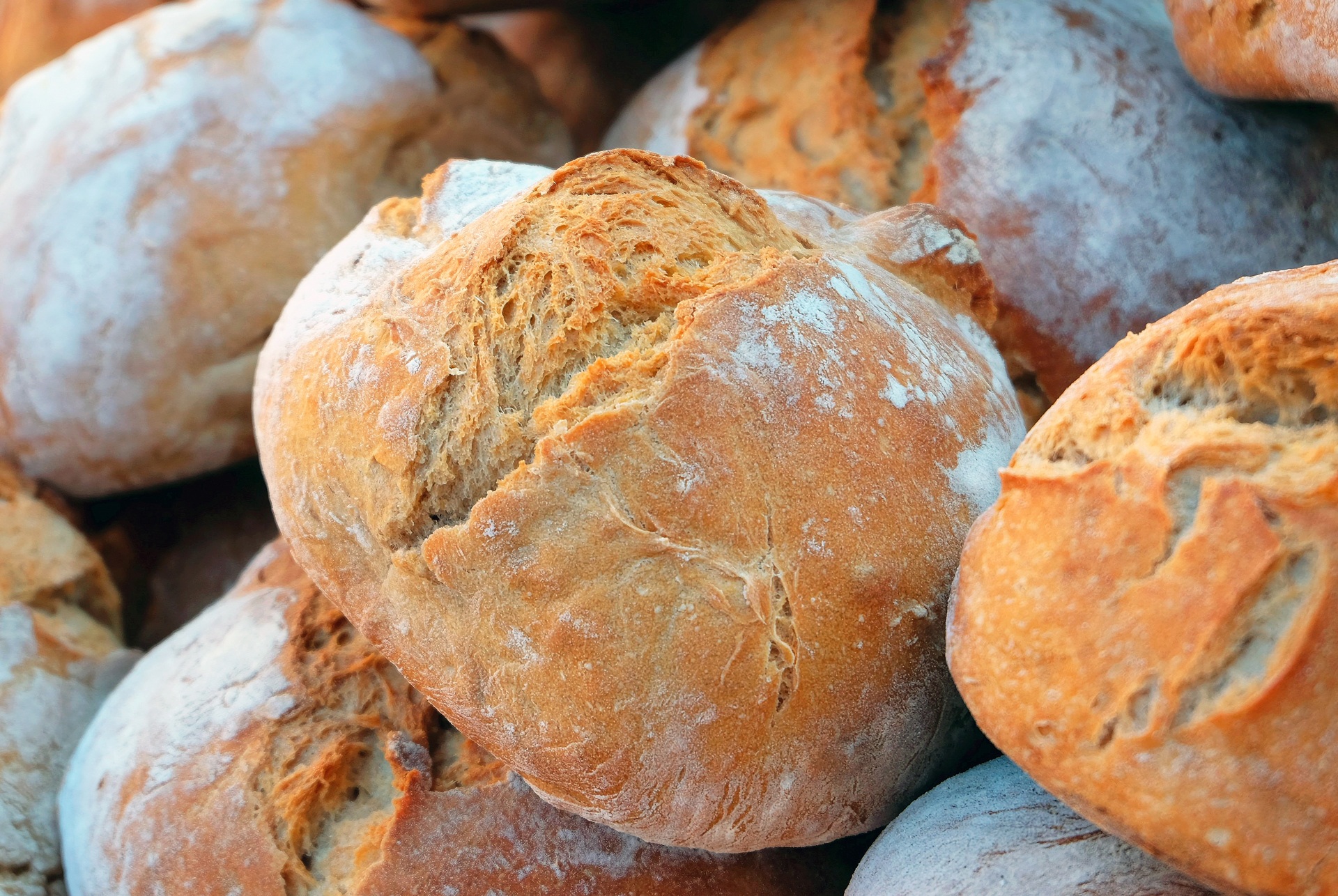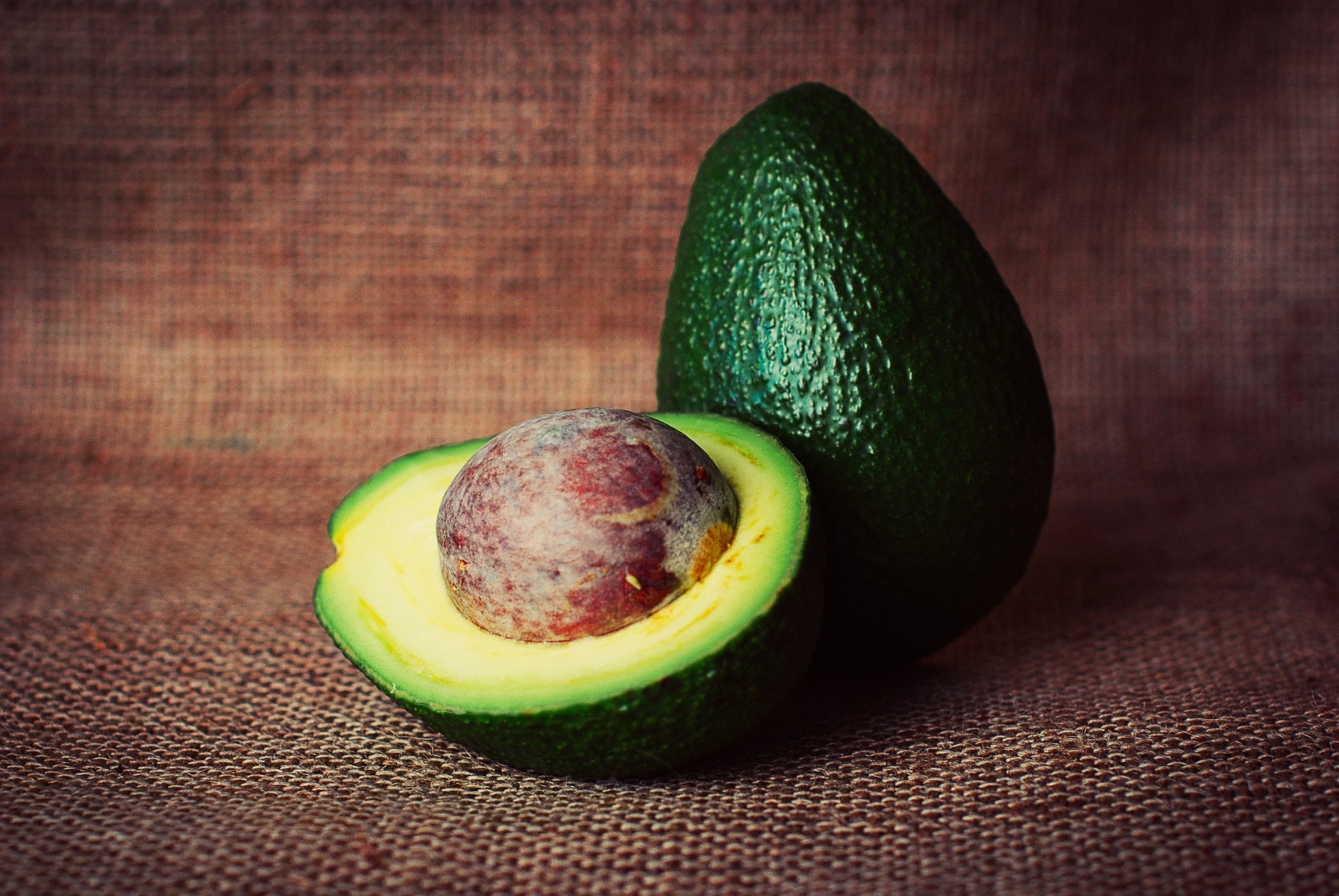The fridge is a great place for most fresh ingredients, but there are a few foods that will fare better if left at room temperature on your countertop or in a pantry. The average family of four in America throws out about $1,600 worth of food every year — often because the food wasn’t stored properly for maximum life span. Check out this list to learn how to make the most of some of the most common groceries.
1. Coffee beans
If you’re shelling out serious cash on the best coffee beans, you better know how to store them. The National Coffee Association recommends storing beans in an opaque, air-tight container at room temperature. Air, moisture, heat and light are all enemies to your beans, so store in a dark and cool location, but never the fridge. Coffee is soft and porous and likes to absorb other flavors around it — in the fridge that might mean garlic or onions. The fridge also causes the coffee to condensate and push oils to the surface. This means your beloved beans will go bad faster.
2. Olive oil
In the cold refrigerator, olive oil can harden to a butter-like consistency. When exposed to heat, light or air, the nutrients in olive oil will oxidize and lose flavor. So how to handle olive oil’s fickle needs? The Olive Oil Times recommends purchasing olive oil that has been packaged in opaque or tinted glass — or pour your olive oil into a clean, recycled, red wine bottle and top with a spout. Avoid plastic containers as they can leach harmful substances into the oil. Store in a cool, dark location such as a basement, wine cellar or in a cool kitchen cabinet away from the heat of the oven or stovetop.
3. garlic
California produces more than 90 percent of the garlic grown commercially in the United States, so they know a thing or two about preserving it. University of California Department of Agriculture and Natural Resources reports that refrigeration isn’t suitable for long-term storage because it stimulates sprouting. Instead, store garlic bulbs in a cool, dry, well-ventilated place.
4. bREAD
While the fridge might slow the arrival of mold, it also makes bread go stale more quickly, according to the Good Housekeeping Institute. Keep your bakery bread in its paper bag (this helps keep absorb moisture and keep the crust from getting rubbery). Supermarket break should be kept in its plastic bag — and both should be kept at room temperature. If you want to preserve your bread, pop it in the freezer as soon after baking and cooling as possible. Slice it first, and wrap it well to prevent freezer burn. When thawed and toasted, it will taste nearly as good as fresh-baked.
5. avocados
At $1.50 to $2 a pop depending on where you live, you’ll want to keep your avocados fresh and flavorful. If you’re looking to eat those avocados in the morning on top of your morning toast, leave them out at room temperature. Refrigerating avocados slows down their ripening process by a few days.
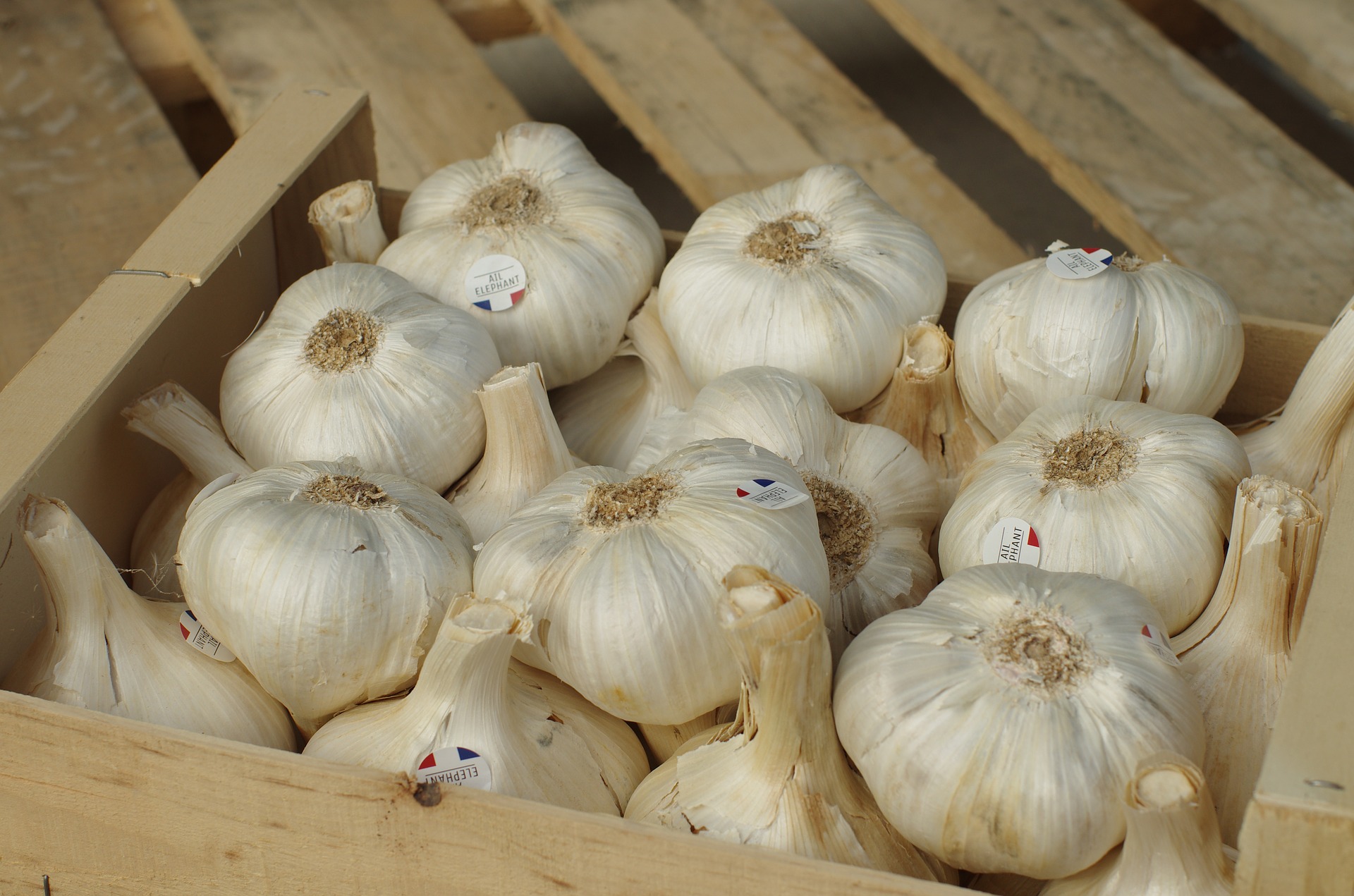
6. onions
The cold, humid temperatures of a refrigerator convert the onion’s starches into sugars, so they’ll become soft or soggy a lot faster than if they were stored properly. Plus, as you probably figured out, they tend to stink up the entire fridge and flavor any foods nearby — onion flavored milk, anyone? The USDA recommends you store them at 45 to 50ºF (that’s right above refrigeration level). If you don’t have a such a spot in your home, they’ll last for about a week at room temperature. Also, never store in a bag — you’ll extend their lifespan further if they can breath.
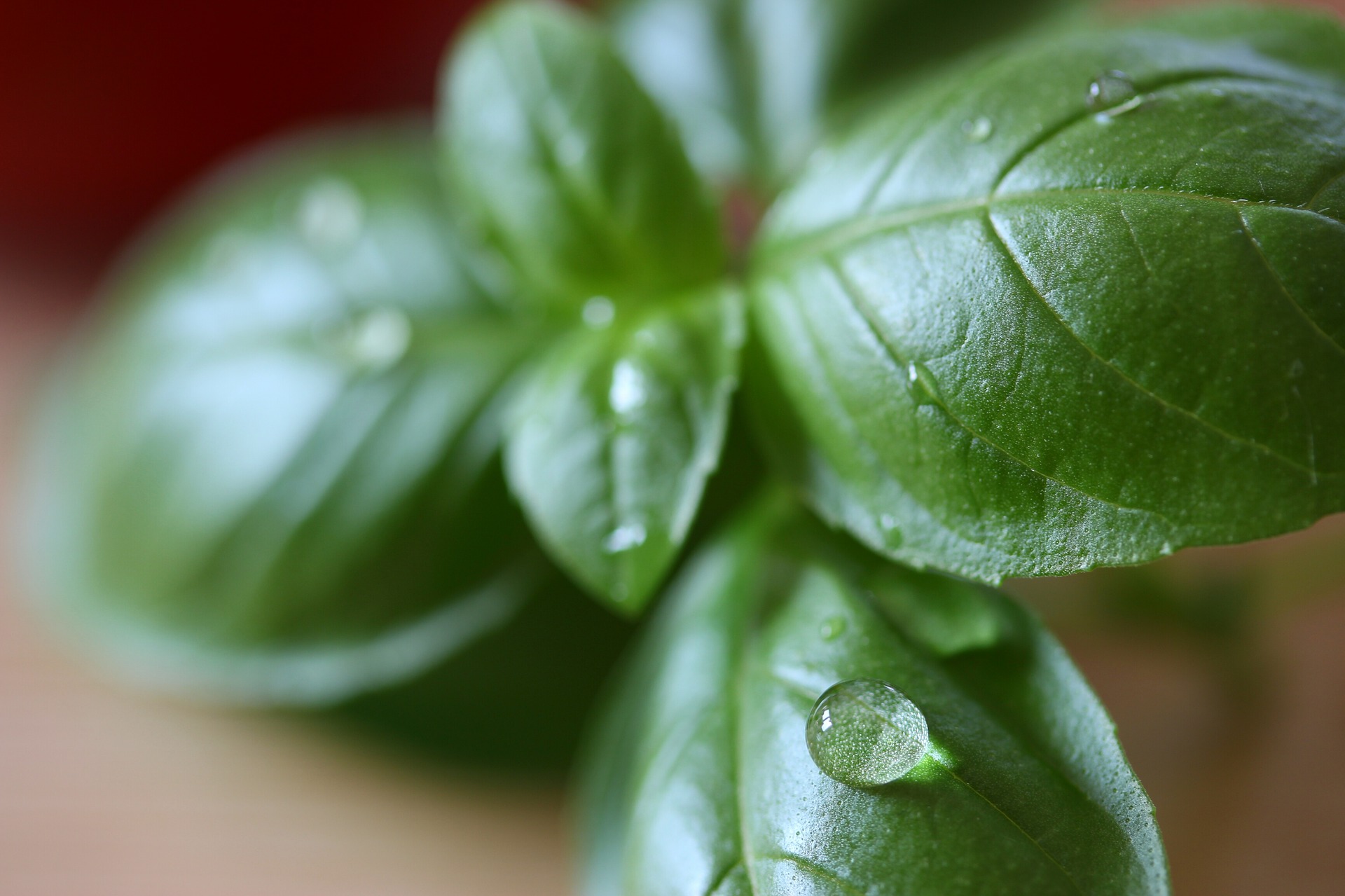
7. basil
‘Tis the season for caprese salads — but only if your basil lasts long enough. Basil, like many fresh herbs, is sensitive to cold. To keep leftover basil perky past tonight’s meal, store at room temperature with stems submerged in water like you would a bouquet of flowers. Loosely cover the basil with a plastic bag and keep on the counter, refilling water as necessary. The bag will allow gasses to escape but will keep moisture in, so flavor and appearance will stay fresh and vibrant.
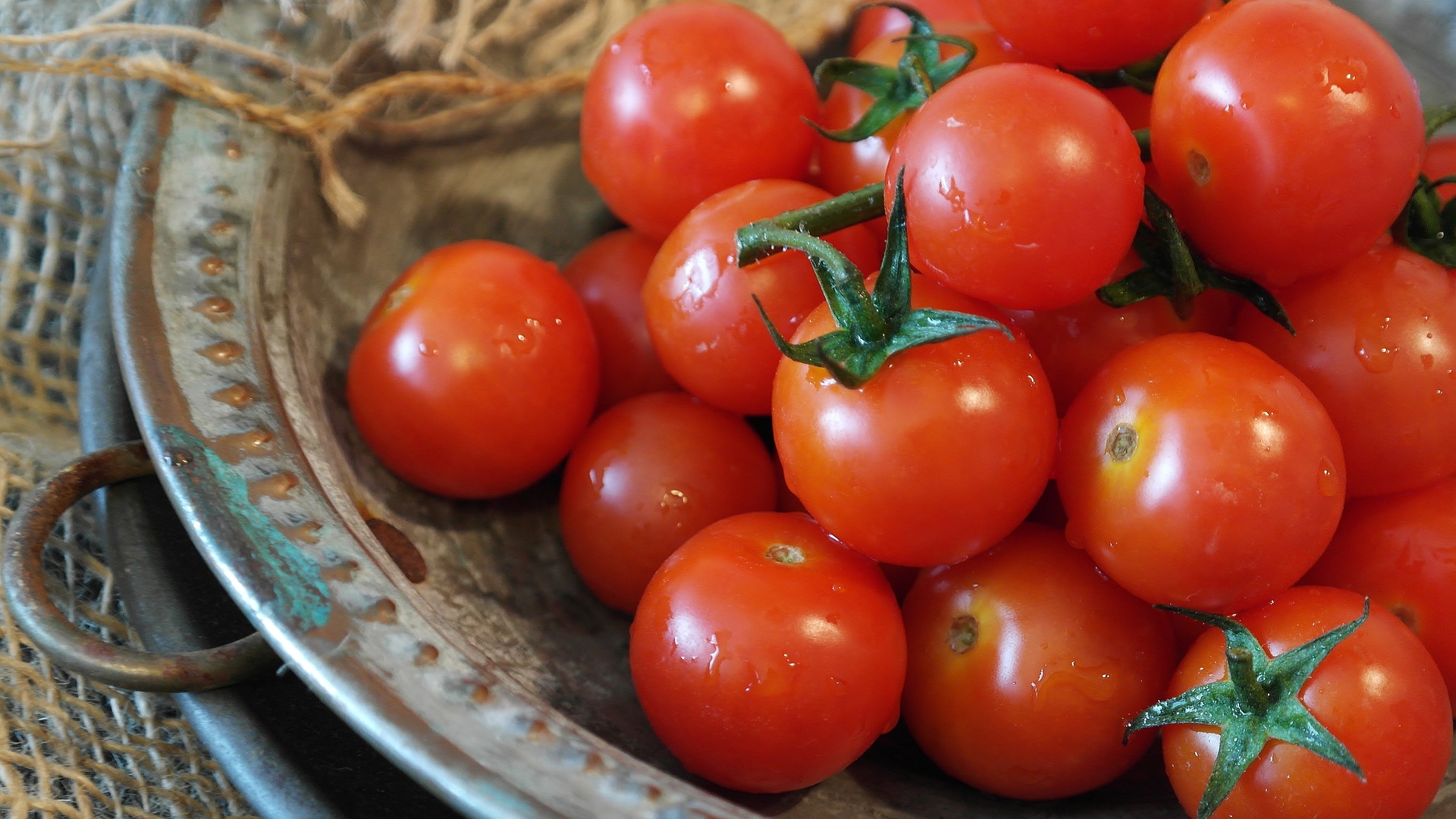
8. tomatoes
Speaking of caprese salad, the star of the show, the tomatoes, can also lose their flavor if kept in the fridge. Cold air stops the ripening process, and ripening gives tomatoes their best flavor. The refrigerator temperature also alters the texture of the tomato. According to Harold McGee’s “On Food and Cooking,” cold can break down the membranes inside the fruit walls and turn it mealy. Display tomatoes in a basket or bowl on your countertop and enjoy the pop of color in your kitchen.
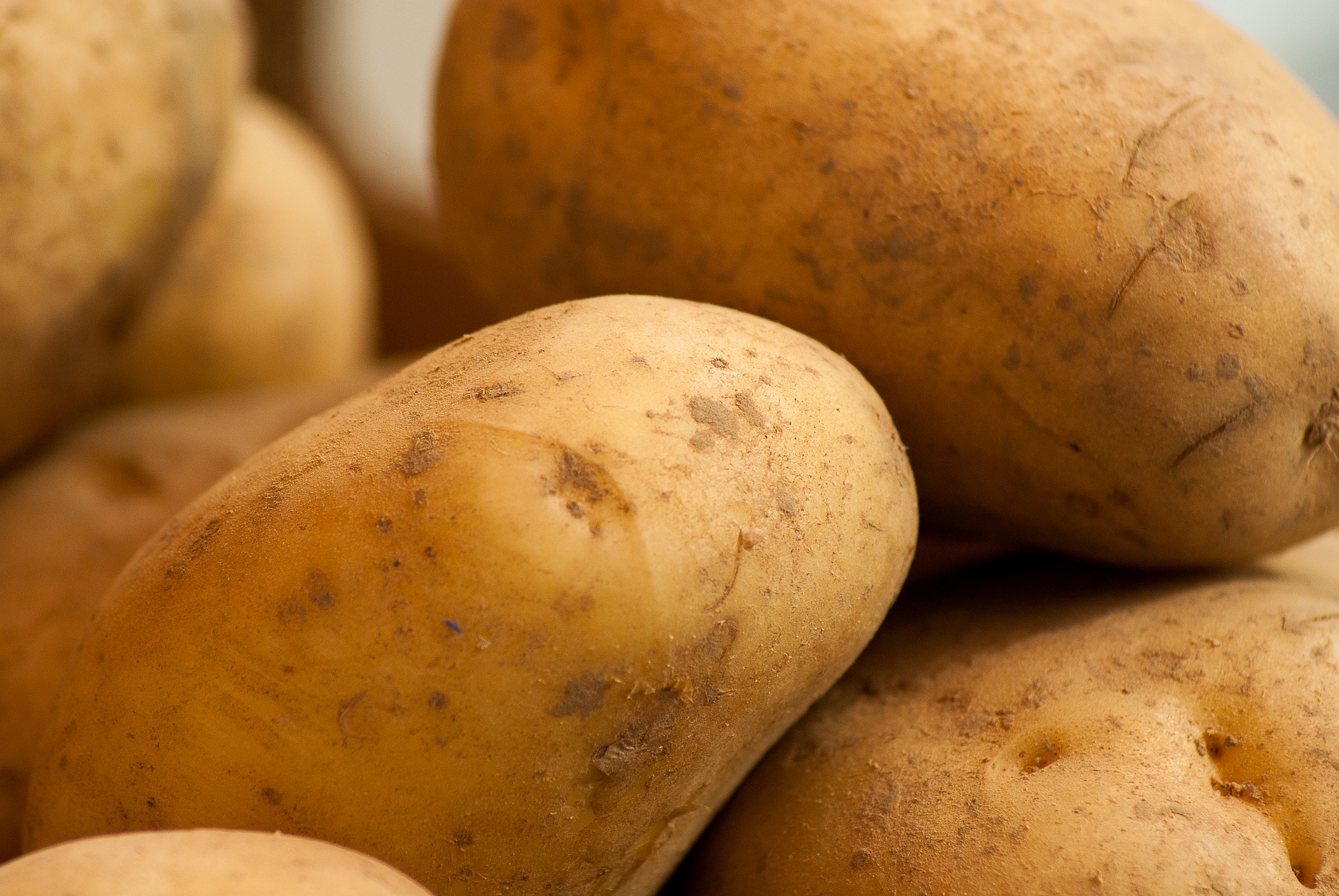
9. potatoes
Similar to onions, cold temperatures will turn the starches in those potatoes to sugars more quickly, so you’ll end up with a sweet, gritty potato. Root cellars are the best place to store potatoes, but assuming you don’t have one, store in a cool, dark place, away from onions (so they don’t pick up the flavor) and around 45ºF, recommends Martha Stewart. Realistically, since you probably don’t have that situation either, just store in a basket in a well-ventilated basket in a cooler area of your kitchen. And if you must keep them in a bag, always go with paper instead of plastic because they’re more breathable and won’t rot as fast.
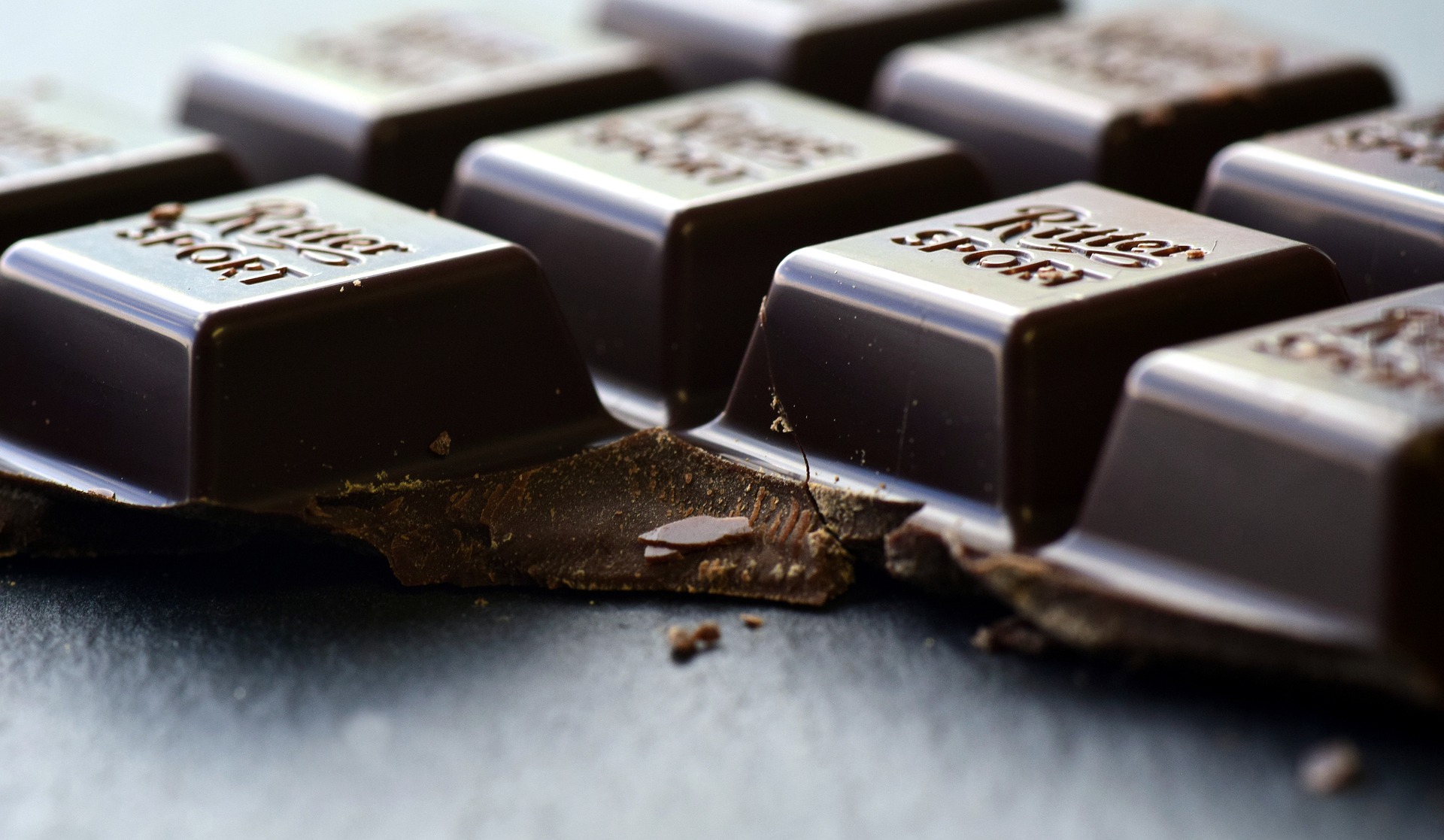
10. chocolate
Chocolate shouldn’t be stored in the fridge unless the room temperatures are very warm — like in the 80’s or higher. According to EHChocolatier, if you must put your chocolate in the refrigerator, store in an airtight container, since chocolate absorbs other flavors very easily. But seriously — who has leftover chocolate anyway?
Also see, 10 things you should never microwave.


